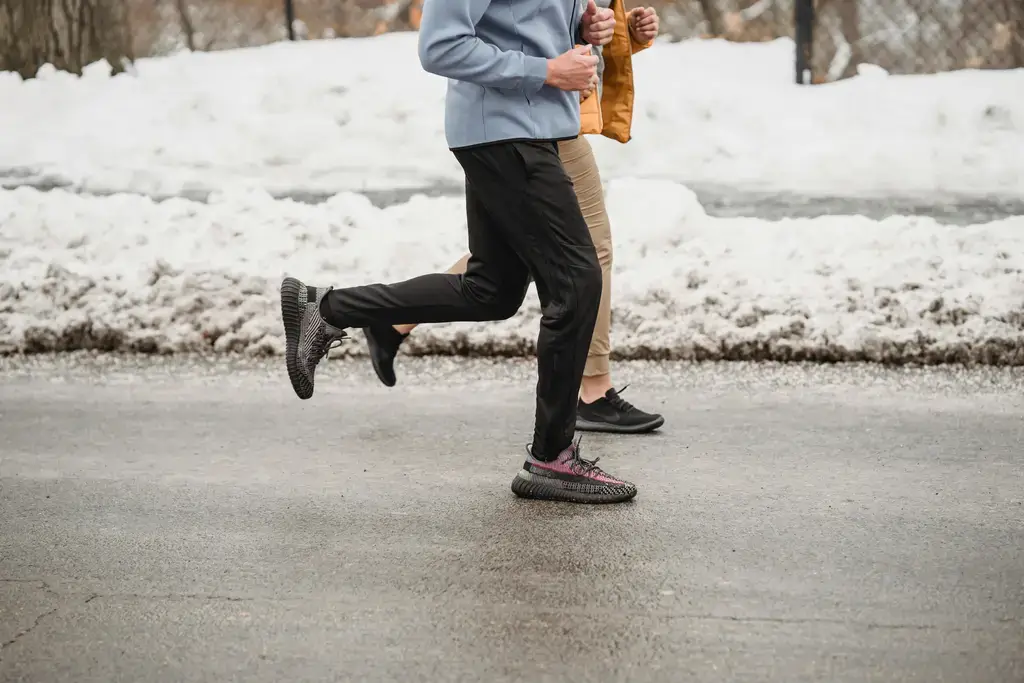Physical Address
304 North Cardinal St.
Dorchester Center, MA 02124
Physical Address
304 North Cardinal St.
Dorchester Center, MA 02124

We most often associate the winter months with colds, staying indoors, and gaining excess weight from heavy food and Christmas sweets. But this does not have to be the case at all.
Dress well and in layers, put on a hat and gloves, and go outside even during the cold winter days. This kind of weather has a number of good effects on your health.
Read about the benefits of spending time outdoors, even during the winter:
Studies show that exercising in cold weather, or even shivering and freezing during a short walk from your office to your car, can burn extra calories. When it is cold, your body works harder to maintain its core temperature. Our bodies use a significant amount of energy to keep us warm and humidify the air we breathe when we are out in the cold, which increases the body’s caloric expenditure and contributes to a deficit.
According to a study conducted by Jansky et al., when the human immune system adapts to cold temperatures and the environment, its ability to fight infection becomes stronger. You know how ice packs are used to reduce swelling and pain after an injury? On the same principle, you may notice that your joints feel less swollen in winter because the cold air acts like a natural ice pack to reduce inflammation.
Throughout the year, it is always advised to keep the room where we sleep cool. The same is advised during winter: open the window in your room for half an hour before bed and you will sleep better. Namely, sleeping in a cold room improves the quality of sleep, and also ensures that you fall asleep faster. Therefore, open the window and ventilate and cool the room you sleep in for at least 30 minutes before bed.
You may sometimes feel a little sluggish during the winter, but research shows that cold weather can boost your brain activity and encourage clear thinking. Keep this in mind before your next work presentation during the winter season. Additionally, research conducted by Brennen et al. shows that people are less inclined to solve cognitive problems in the summer, unlike in the winter, because summer uses more glucose needed for mental processes.
When you exercise in cold air, your heart works double time to warm you up and keep your body warm. So, if you want to stay active in winter, a brisk run in the cold air might be good for you. However, be careful in winter if you suffer from heart disease and be sure to consult your doctor before starting outdoor training.